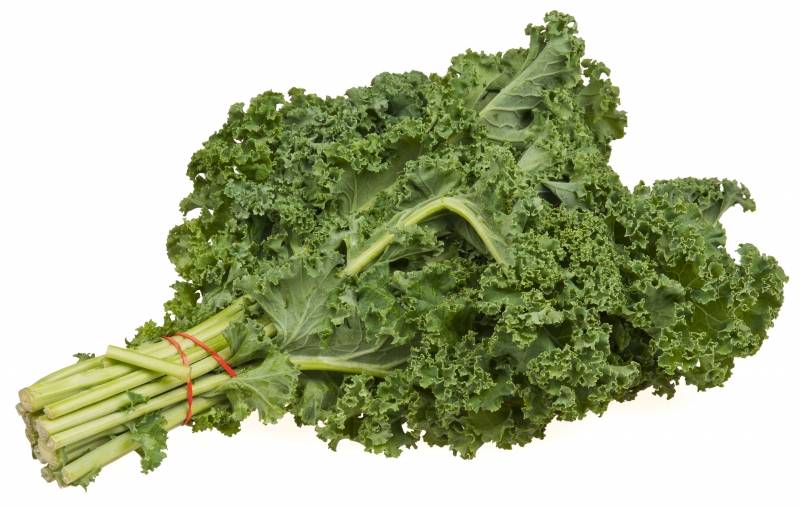Today we gain insight on the research of an Assistant Professor on campus, Naiman Khan. Khan leads the Body Composition and Nutritional Neuroscience laboratory and conducts multidisciplinary projects to integrate knowledge in the disciplines of nutrition, kinesiology and cognitive neuroscience to understand the interactions between lifestyle behaviors and physical and cognitive health. His objective is to demonstrate, through experimental research, that what we eat and our attitudes and behaviors surrounding eating plays an important role in supporting both physical and cognitive health. One way to look at this is that he investigates health behaviours, such as diet and physical activity, and how these influence obesity and cognition across the lifespan of a human being.
Khan applies several experimental techniques in different areas in his research. For example, he is interested in understanding how dietary intake of lutein, a plant pigment known to accumulate in the eye and brain tissue, can influence cognitive processes such as attention and memory. Lutein is one of 600 known naturally occurring carotenoids. It is synthesized only by plants, and is found in high quantities in green leafy vegetables, such as spinach, kale and yellow carrots.

Khan investigates the impact of lutein on cognition by using a non-invasive biophysical and imaging techniques to assess pigmentation and morphology of the retina as well as computerized cognitive tasks designed to test particular aspects of cognitive function, such as attention and memory. Lutein accumulation in the eye has been previously shown to be inversely associated with obesity since fat tissue sequesters lutein. Therefore, Khan is about to use body composition assessment techniques to account for body fat tissue to understand lutein’s impact on cognition. Thus far, his research in this area has revealed that children and adults with greater lutein in the eye and the brain exhibit greater performance on attention and memory tasks. These tasks may be assessed using a variety of techniques, such as free recall or even functional MRI. Given that lutein in the body can only be derived from food sources, particularly green leafy vegetables, these findings provide additional support for the importance of dietary quality for both physical and cognitive health.
Khan hopes that the knowledge gained from this work will be used to develop effective behavioral strategies to mitigate the detrimental effects of obesity and metabolic risk on physical and mental health. His long-term goal is to inform dietary recommendations targeted at optimizing cognitive function across the lifespan.
 Like many scientists, Khan was heavily influenced by the incredible mentors he had over the years. He has profound respect for people who dedicate their lives to learning and teaching. As a teacher and mentor himself, he hopes to provide opportunities and skills to students to they can pursue questions that are most compelling to them. Khan’s favourite things about being a scientist include continually learning new skills, uncovering new knowledge, and the opportunity to publish. “It is great that scientists get to be both teachers and students since the learning never stops.” Some of Khan’s favourite journals include Pediatrics, Obesity, Medicine and Science in Sports and Exercise, Journal of Nutrition, and Journal of Cognitive Neuroscience.
Like many scientists, Khan was heavily influenced by the incredible mentors he had over the years. He has profound respect for people who dedicate their lives to learning and teaching. As a teacher and mentor himself, he hopes to provide opportunities and skills to students to they can pursue questions that are most compelling to them. Khan’s favourite things about being a scientist include continually learning new skills, uncovering new knowledge, and the opportunity to publish. “It is great that scientists get to be both teachers and students since the learning never stops.” Some of Khan’s favourite journals include Pediatrics, Obesity, Medicine and Science in Sports and Exercise, Journal of Nutrition, and Journal of Cognitive Neuroscience.
So now that we know those lutein levels actually affect how we think and function, it might be time to hit the produce section and stock up on leafy greens and yellow carrots!








